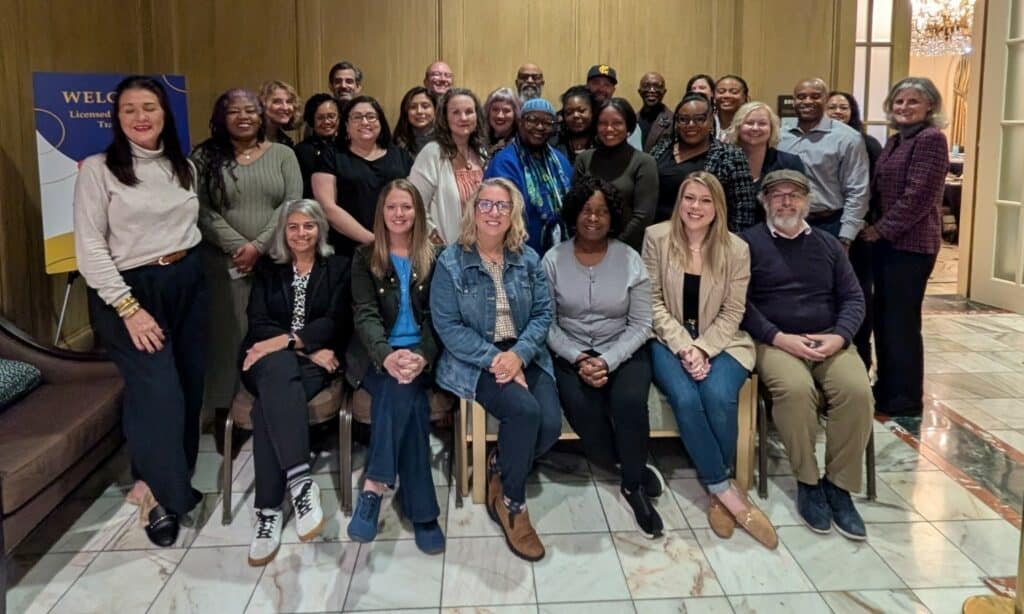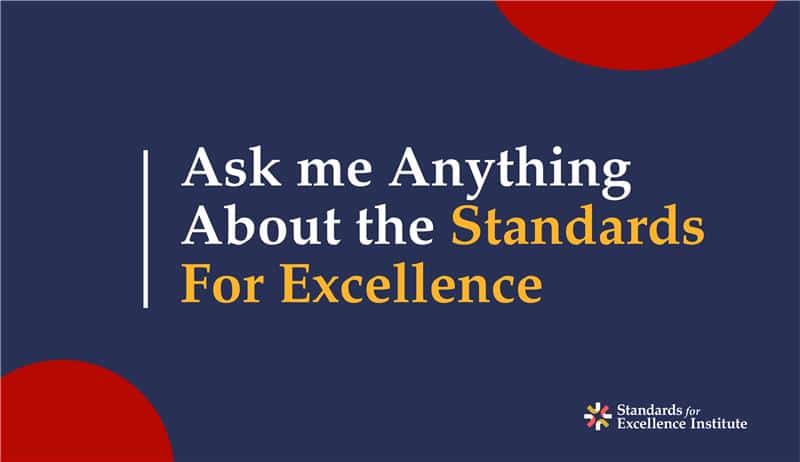
Introducing: Standards for Excellence Institute® Licensed Consultant Class of November 2025
Learn MoreWhy Clear Expectations Matter for Nonprofit Board Members
Learn More
Event 10/22/25: Launching your Journey to Excellence: Introduction to the Standards for Excellence
Learn More